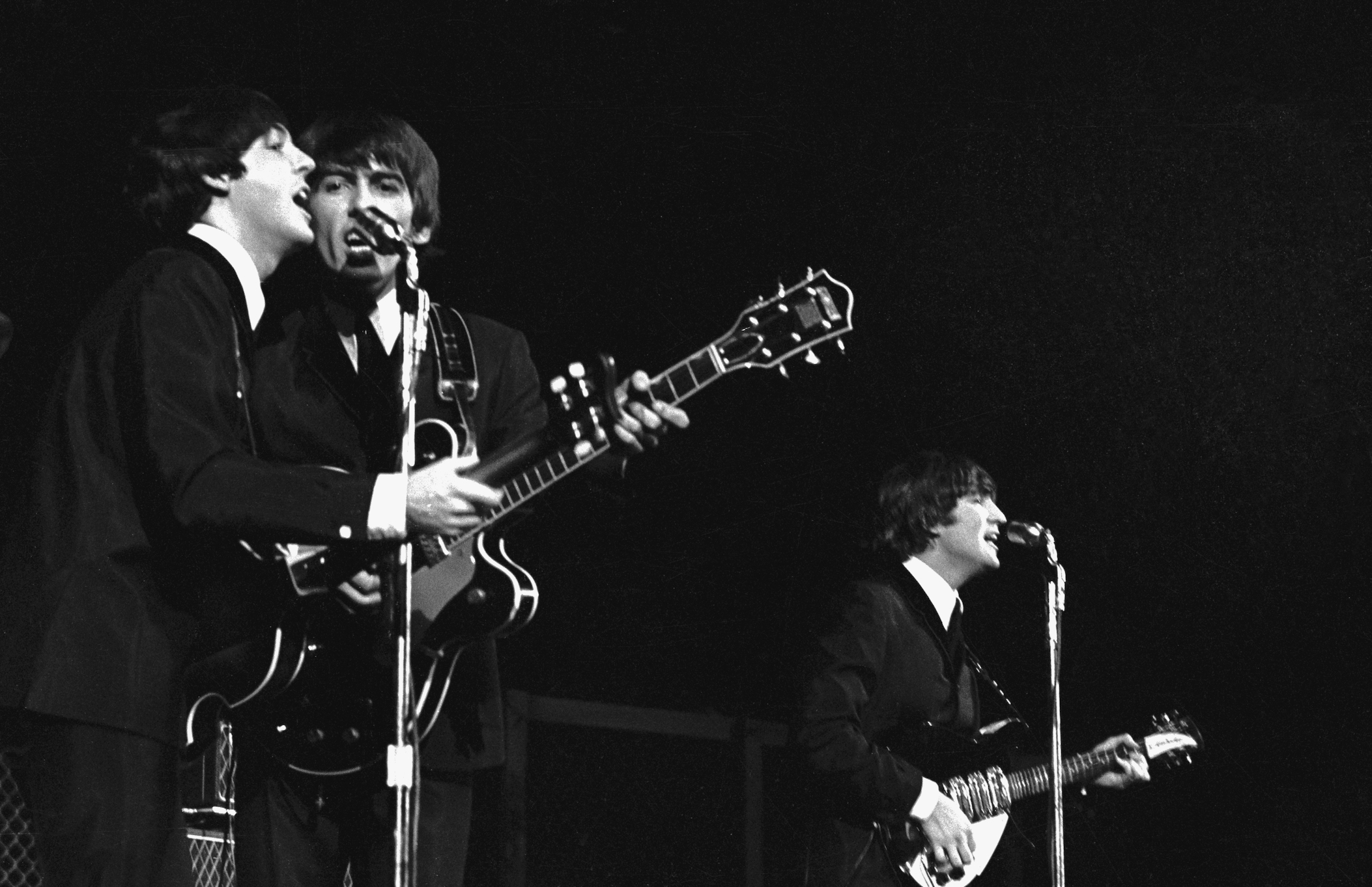
Paul McCartney Shares a ‘Lovely Story’ About The Beatles’ First Non-Segregated Concert in the U.S.
When The Beatles first visited the U.S., a few aspects of America delivered a culture shock. The four boys from Liverpool hadn’t seen certain things, such as armed police officers or people driving on the right side. Since The Beatles visited in 1964, the band was also exposed to segregation, a policy they disagreed with. The Beatles forced one venue in the South to desegregate, and Paul McCartney learned a “lovely story” about that concert.
Paul McCartney shared the story of a young girl who attended The Beatles’ desegregated concert in Florida
In 1964, The Beatles performed in Jacksonville, FL, during their first visit to the U.S. Segregation was still prevalent in the South, and the venue The Beatles were planned to perform at was segregated. The concert almost didn’t happen as the fab four publicly said they would never play at a segregated venue.
According to Salon, the venue’s promoters didn’t want to give in to their demands. However, the state had just been ravaged by Hurricane Dora and needed a huge payday from The Beatles. Eventually, they allowed The Beatles to play, and it became the first non-segregated concert at the Florida venue.
In a recent interview with BBC 1’s The One Show, Paul McCartney reflected on The Beatles’ 1964 trip to the U.S., featured in his new book 1964: Eyes of the Storm. The British singer-songwriter recalled refusing to play at the Florida venue unless it was desegregated.
“We got to America, we’re down in the southern states, and we suddenly get told that we’ve got to play to a segregated audience,” McCartney explained. “That’s the way we do it down here. What, you mean the black people in one bit and the white people in the other? No, we don’t do that. So we just refused to and we said no, we’re not going to play unless it’s a non-segregated audience.”
Years later, McCartney said he heard a “lovely story” about a young black girl who attended the concert. The former Beatle said she had never sat with white people before, and the music seemed to bring them together.
“There’s a lovely story later there was a girl, a black girl, who went to the concert, so she’s sitting amongst all the white fans, and they’re all just loving the show, and they’re screaming and everything, and she said, ‘I’ve never sat with white people ever before,’” he continued. “And here they were like friends, and we’re all loving this group. For me, I think that was very emotional. It still is.”
Paul McCartney has been an active supporter of civil rights
McCartney’s activism toward civil rights in the U.S. extends beyond The Beatles’ concert from the 1960s. One of McCartney’s most famous songs, “Blackbird”, was an anthem for the Civil Rights movement and is still relevant today. The title is a metaphor for a black girl, and McCartney was inspired to write the song after witnessing the Little Rock Nine trying to get into school after the Brown V. Board of Education decision.
In an interview with Barnes & Noble, McCartney said he often shares that story with the audience when performing “Blackbird”. One time, he was performing in Arkansas, and two members of the Little Rock Nine met with him backstage. He called it a “full-circle moment.”
“We did play in Arkansas, we played in Little Rock, and the two ladies who you see in the black-and-white footage, very courageously going through that crowd to get their education, they showed up at the concert,” McCartney said. “So, it was a real full-circle moment. I was able to talk to them and explain how my song had come about from seeing them in that footage.”


